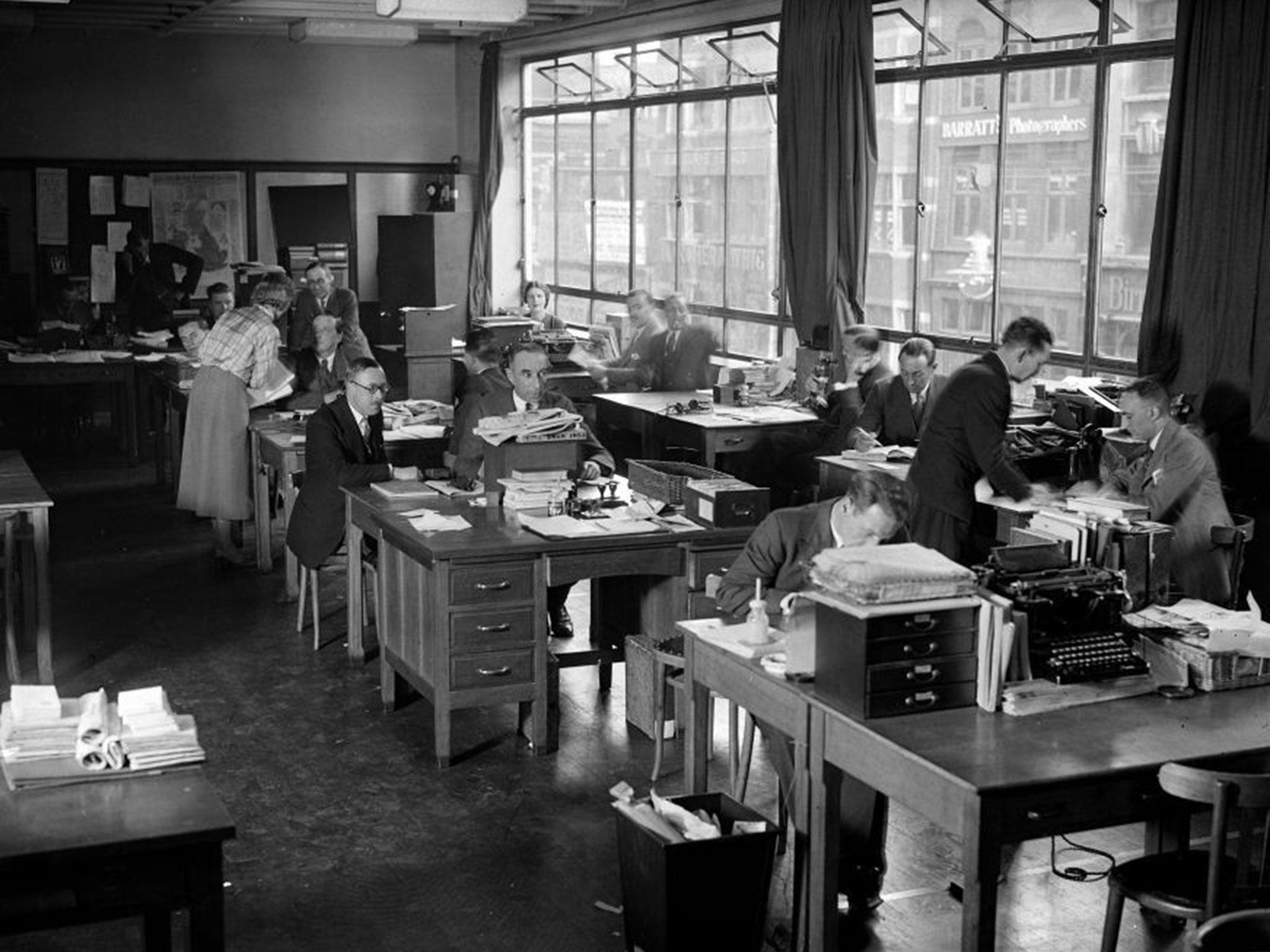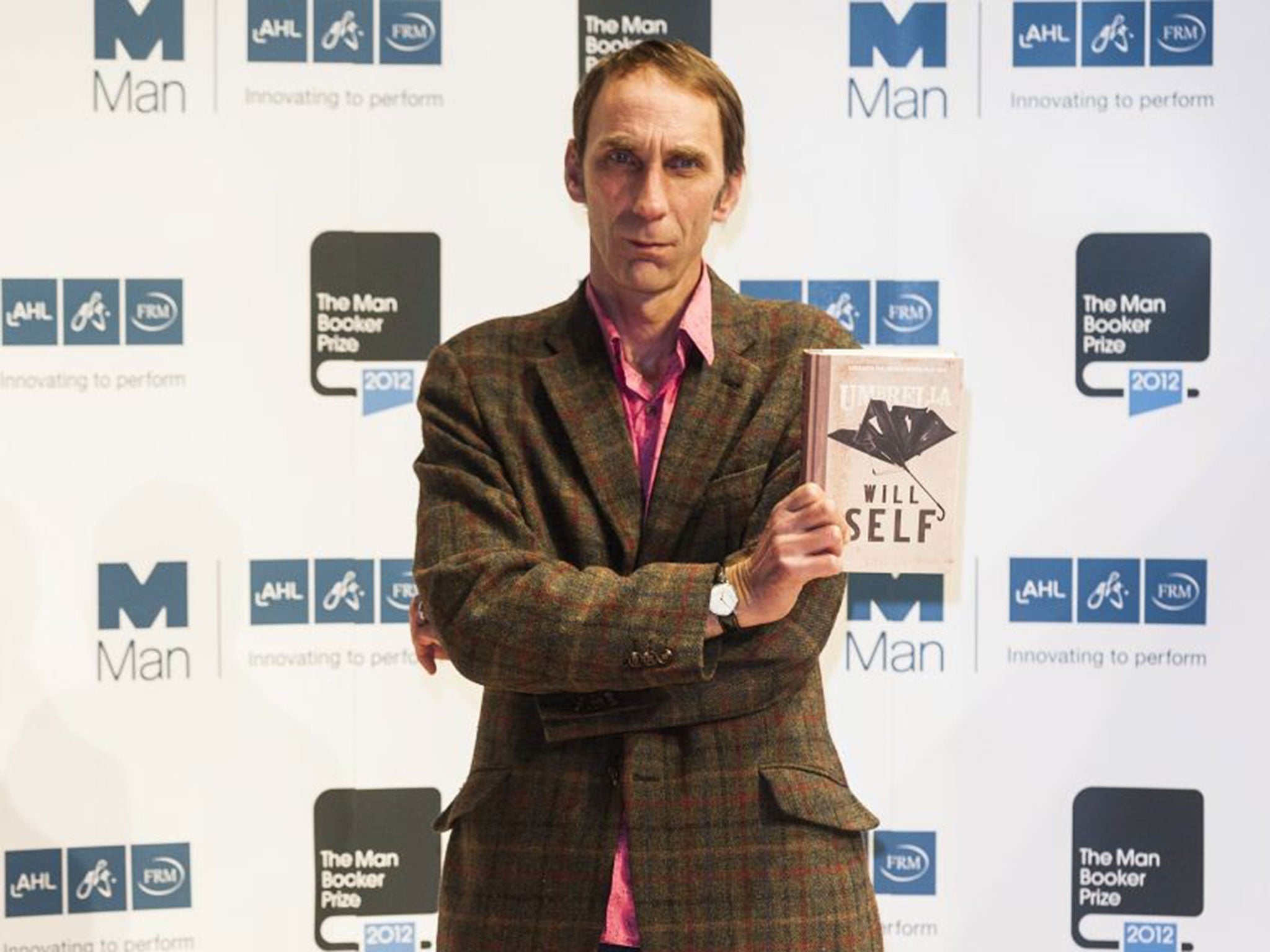Sometimes it's hard to be a literary novelist
Websites offering your ebooks for nothing is only the latest disrespect the modern writer is subjected to

One of the signature marks of British journalism over the past couple of decades has been a proliferation of columns featuring the suffix "life". "Low Life" and "High Life", obviously, but also "Mid Life", and most recently "Long Life". For some time now it has been my ambition to extend this genre by writing a column entitled "Freelance Life" – not, you must understand, one of those infallibly cheery vade mecums to an unfamiliar professional lifestyle, like the undertaker's account of his day, but a prolonged howl of pain, naming and shaming the countless villains and timewasters who lurk on the margins of the freelance writer's existence: the magazines who won't pay up, the sub editors who trim your copy without telling you, the people who assure you they're putting it in only to inexplicably leave it out; the whole guaranteed to provide a crash course to the difficulty of earning a living in the creative arts here in 2014.
This resolve leapt back into my consciousness when I noted the considerable amount of space allowed to Sir Ian McKellen in last week's newspapers in the wake of an interview granted by the great thespian to the Radio Times. Here Sir Ian drew attention to a recent survey of wage scales in the acting profession, which alleged that not more than one actor in 50 earned more than £20,000 a year. "Most actors are not rich," he insisted. "They are very poor indeed. What keeps them going is that they just love the job." If there was one service we could perform for the great mass of non-household names treading the boards in provincial theatres and end-of-pier variety houses, Sir Ian concluded, it was to ensure that they were paid a living wage.
By chance, the actors' survey followed on the heels of an investigation into literary earnings conducted by the Authors' Licensing and Collection Service among 2,500 professional writers. This, too, made immensely grim reading. Incomes, the report suggested, were down by 29 per cent in the past nine years. Publishers' advances were in free fall, while the median salary enjoyed by the modern-day freelance was put at a mere £11,000. Will Self, whom The Guardian confronted with these statistics, wryly observed that it had always been possible to assemble the nation's "literary" writers able to live off their books into the single room of a house. In the past this lodgement had been a reception room; now it was a back bedroom.

Naturally, both Sir Ian's and Mr Self's reflections have an ideological sub-text. A free-market liberal asked to comment on the idea of actors earning a living wage would probably reply that an actor's salary should depend on the number of people who want to see the plays in which he or she features. By the same token, if a writer wants to live off the earnings of his books, then he should write the kind that large numbers of readers want to buy; the market for "literary novels" is negligible, so if you want to eat caviar don't write them.
There is also the question of historical context, for the struggling actor and the Grub Street hack are long-term adornments of British cultural history. 1984, for example, may have made George Orwell's heirs a fortune, but in the late 1930s its author laboured to earn £2 a week from his journalism, while Homage to Catalonia (1938), his masterpiece of reportage from the Spanish Civil War, sold fewer than a thousand copies.
At the same time, no literary historian could deny that in relative terms writers' incomes have been declining since the early 1900s. When the apprentice novelist Hugh Walpole arrived in London in 1909 to set up as a literary freelance, he paid four shillings a week for his bed-sitting room in Chelsea, and was allowed three guineas for the column of novel reviews he contributed to a daily newspaper. Walpole's entire bed and board, in other words, probably cost him less than a third of his weekly income. A century later, the bed-sitting room would cost several hundred pounds, while the weekly review would be lucky to bring in half of this. There was a brief, trend-bucking blip in the late 1980s and early 1990s, when the newspaper revolution was in full swing and an influx of American money ushered in an era of artificially high advances, but beyond the specialist redoubt of the bestseller, literary incomes have been falling for decades. The novelist Paul Bailey once recalled a schools visit he undertook in the 1970s, at the end of which a small boy asked him why, if he earned so little money, he bothered to write at all.
The same question doubtless awaits some of the cast of Ira Levin's Deathtrap – an excellent production which I was fortunate enough to see last week at the Southwold Summer Theatre. There are a number of explanations as to why everyone is earning a great deal less than they once did, but one of the most obvious has to do with technology, and the very common attitude among consumers that if something is available in cyberspace then its availability should be gratis; an attitude that government measures on internet piracy, with their reliance on admonitory letters rather than legal retribution, does nothing but reinforce. Last month, for example, if you will excuse the self-advertisement, I published a novella as an Amazon Kindle single. A mere £1.49 to download, but already a site called general-ebooks.com is offering the thing free. Call me a spoilsport, but this ripped-off author would prefer the authorities to send a policeman with a search warrant.

The implications of this squeeze on arts world incomes will take some time to work themselves out, but essentially they will require most writers, musicians and actors to obtain some form of patronage capable of subsidising their work. A little of this, but not a great deal, will come from the state. An equally meagre amount will hail from private sponsors. But wherever the source of the additional income, it will bring difficulties which, for most of the artists involved, will be the equivalent of pouring your creative spirit down the drain a flagon at a time. The great patron of the modern literary novelist, for instance, is the university creative writing course – a racket, most of the fellow-writers I know who teach on them generally insist, which involves saying things you don't believe in jargon you find abominable but does at least have the advantage of paying you a salary.
Inevitably, books, plays and pieces of music will continue to be produced – see Sir Ian's remarks about the money being secondary to the pleasure obtained from the job. But the days when the cultural superiority of the "artist" was reinforced by economic superiority – something observable in British society since the early days of Bloomsbury – are in irreversible decline. Last week's Private Eye had a highly amusing piece about the various venues in which the critics contributing to The Observer's "summer reading" feature proposed to read their selections. Corsica, Siena, Trieste and Hydra all had their advocates. Anyone irked by this up-market tourist guide can reassure themselves that what we have here is, in effect, the mating call of the last pair of passenger pigeons. Twenty years from now it will be Butlins all round.
Join our commenting forum
Join thought-provoking conversations, follow other Independent readers and see their replies
Comments
Bookmark popover
Removed from bookmarks